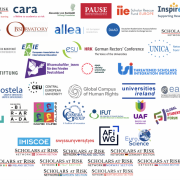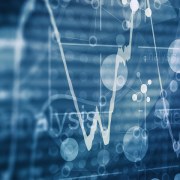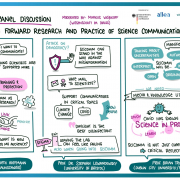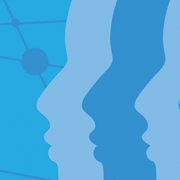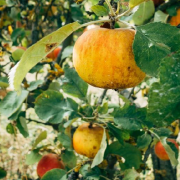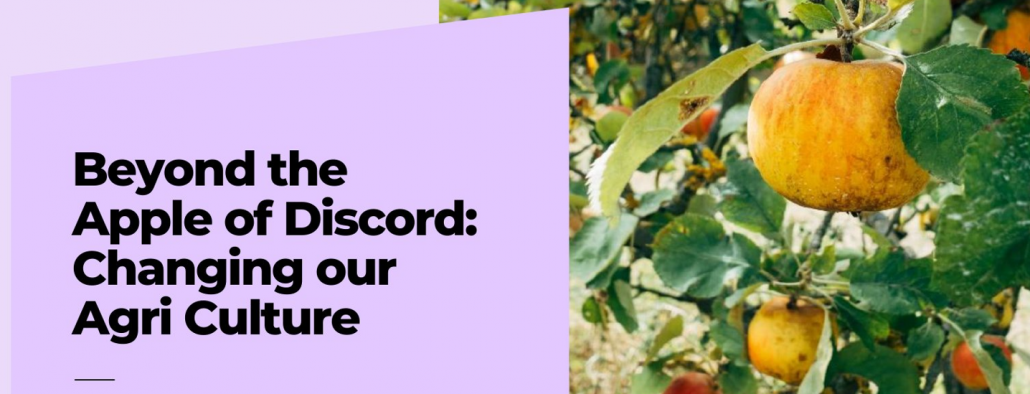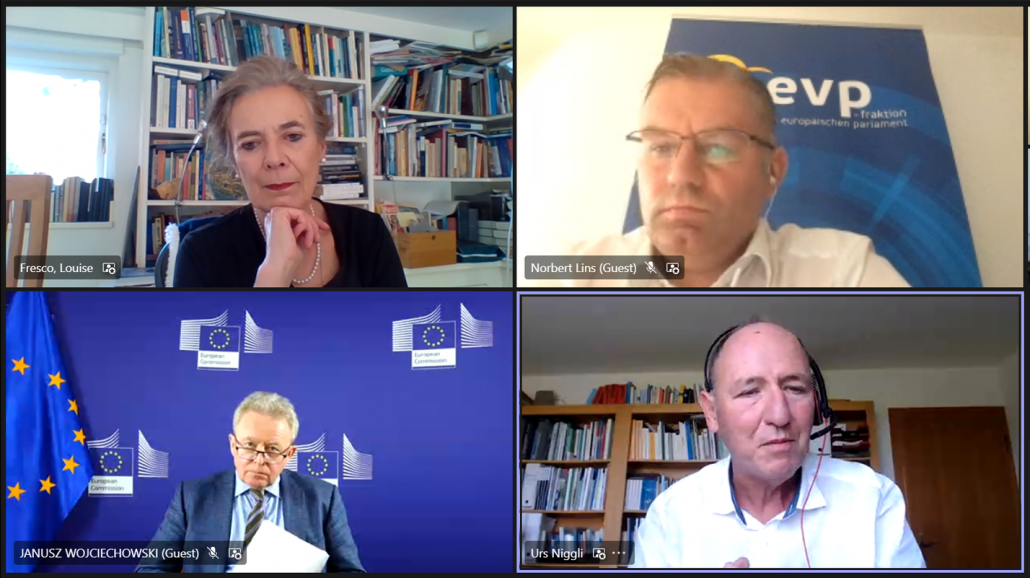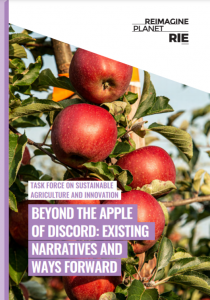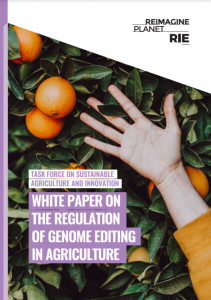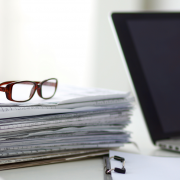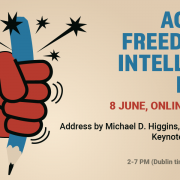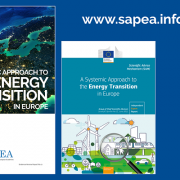Refrain from Creating New IP Rights for Machine-Generated Data, ALLEA Asks EU Institutions
ALLEA, the European Federation of Academies of Sciences and Humanities, urges the European Commission and other EU institutions to refrain from introducing any new Intellectual Property (IP) right that would protect “machine-generated data”. Regulations should ensure unfettered access to data that is essential to many fields of science.
In a new statement responding to the European Commission’s Public Consultation on the Data Act, ALLEA objects to the proposal of a “data producer’s right” envisaged in the European Commission’s communication “Building a European Data Economy”.
In many scientific fields, including astronomy, biology and geology, scientific data are commonly, and increasingly, generated with the aid of highly advanced digital means and equipment. The statement recalls the principles of Open Science and underlines the vital role of access to data for scientific progress.
“We strongly object to the extension of the existing sui generis database right to embrace machine-generated data. (…) Creating IP rights in such machine-generated data would severely impede freedom of science and bear the risk of creating unwanted monopolies in scientific data sets”, the Federation says.
The authors consider that the ongoing COVID-19 pandemic demonstrates the importance of facilitating access to data and data sets held by private or public bodies in favour of scientific progress and the public interest at large.
“Scientists and academic research institutions should therefore be able to fully benefit from current and future data sharing governance structures in the EU”, they argue.
The statement was prepared by the ALLEA Permanent Working Group Intellectual Property Rights (PWGIPR), which assembles legal scholars and IPR experts from across Europe. Since the 1990, the group has prepared and issued reflections, declarations, and recommendations on the most challenging topics of IPR for research and society.


